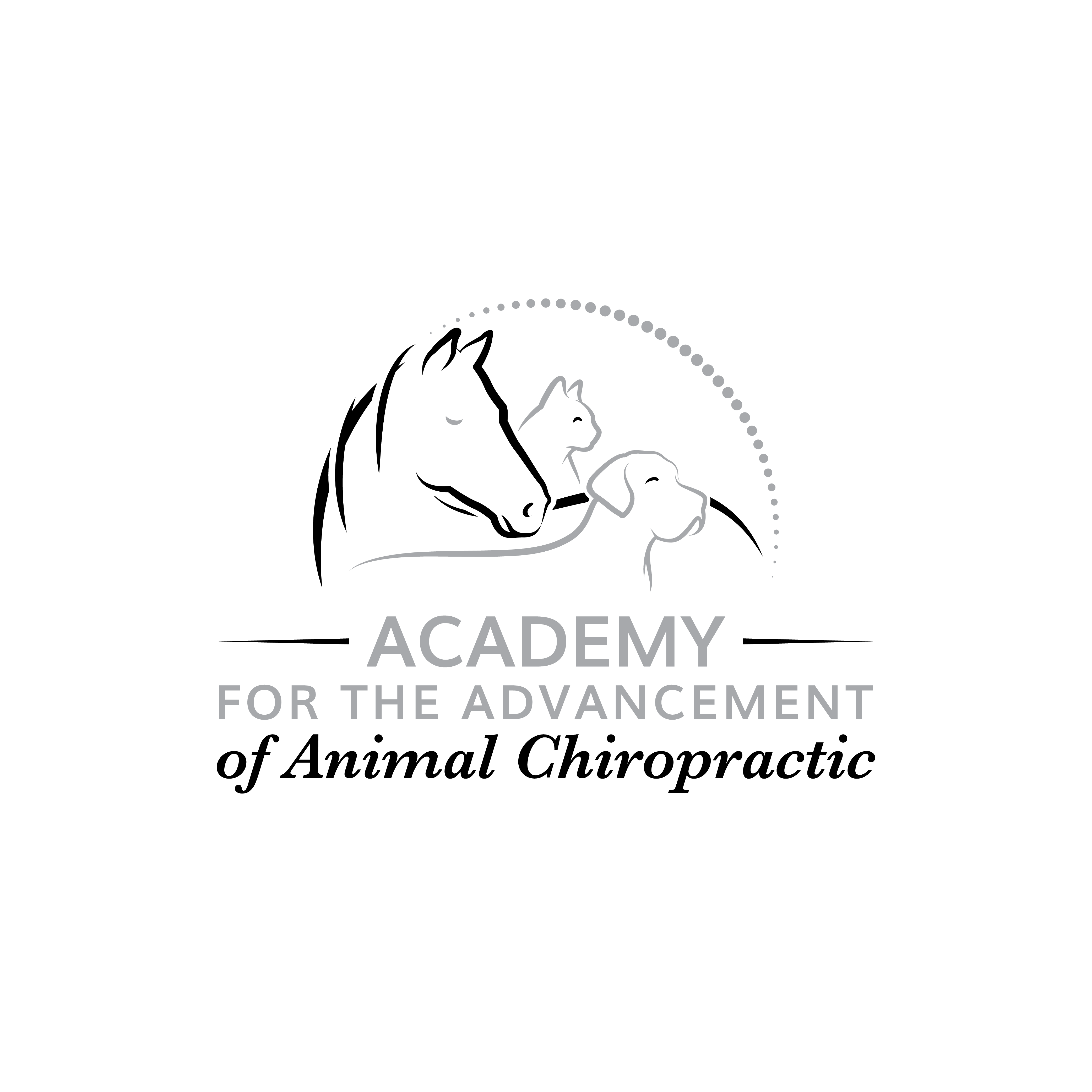Texas
Animal Chiropractic Laws

Texas | Animal Chiropractic Summary
In general, animal chiropractors are under the veterinary scope of practice in Texas. An animal chiropractor is required to get a written referral from a veterinarian after an examination by a veterinarian and have also received patient permission.
Laws
Texas Administrative Code
| TITLE 22 | EXAMINING BOARDS |
| PART 24 | TEXAS BOARD OF VETERINARY MEDICAL EXAMINERS |
| CHAPTER 573 | RULES OF PROFESSIONAL CONDUCT |
| SUBCHAPTER B | SUPERVISION OF PERSONNEL |
| RULE §573.14 | Alternate Therapies–Chiropractic and Other Forms of Musculoskeletal Manipulation |
(b) Treatment using animal chiropractic and other forms of MSM. Animal chiropractic and other forms of MSM may only be performed by the following.
(1) A licensed veterinarian. Animal chiropractic and MSM may be performed by a licensed veterinarian under the following conditions:
(A) a valid veterinarian-client-patient relationship has been established as defined in the Act;
(B) an examination has been made by the licensee to determine that animal chiropractic/MSM will not likely be harmful to the patient; and
(C) the licensee obtains as a part of the patient’s permanent record a signed acknowledgment by the owner or other caretaker of the patient that animal chiropractic or MSM is considered by Texas law to be an alternate therapy.
(c) Responsibility. Whether the animal chiropractic/MSM is performed by a veterinarian or a non-veterinarian employee or an independent contractor working under the supervision of a licensee, the Board will hold the veterinarian to a level of professional judgment as would be exercised by the average Texas veterinarian who performs or recommends chiropractic/MSM treatments in his/her practice.
(3) “Direct supervision” means supervision of a person by a responsible veterinarian who is physically present on the premises.
(4) “General supervision” means supervision of a person by a responsible veterinarian who is readily available to communicate with the person.
Texas Administrative Code
| TITLE 22 | EXAMINING BOARDS |
| PART 3 | TEXAS BOARD OF CHIROPRACTIC EXAMINERS |
| CHAPTER 78 | SCOPE OF PRACTICE AND DELEGATION |
| RULE §78.10 | Prohibitions on Animal Chiropractic |
(a) The definition of “animal chiropractic” is under the jurisdiction of the Texas Board of Veterinary Medical Examiners (TBVME).
(b) Animal chiropractic is outside the chiropractic scope of practice in Texas.
(c) A licensee may practice animal chiropractic only if done in compliance with the rules on animal chiropractic adopted by TBVME.
(d) A licensee advertising animal chiropractic services is exempt from the Board’s rules that prohibit advertising services outside the scope of practice if the services are provided in compliance with subsection (c) of this section.
(e) A licensee practicing animal chiropractic not in compliance with subsection (c) of this section is subject to disciplinary action for practicing outside the scope of practice.
(f) A licensee advertising animal chiropractic services not in compliance with subsection (d) of this section is subject to disciplinary action for advertising services outside the scope of practice.
Certification Requirements
Currently, no specific certification is legally required for animal chiropractors; however, it is highly encouraged that practitioners undergo proper training in the services they offer. Certification ensures that an animal chiropractor possesses the knowledge, skills, and expertise necessary to perform adjustments safely and effectively. Proper training helps professionals understand animal anatomy, physiology, and the unique biomechanics of different species, reducing the risk of injury during treatment. Certification also builds trust with clients, who want to ensure their pets receive care from someone with verified competence. Moreover, being certified can help protect practitioners legally, as it demonstrates a commitment to professional standards and ethical practices. In an industry where safety and precision are paramount, certification is a crucial aspect of ensuring high-quality care.
Scope of Practice
Currently there is no scope of practice defined. As mentioned above, the animal chiropractor essentially works under the direction or general supervision of a licensed veterinarian as long as certain criteria are met.
Continuing Education reqirements
Since there are no legal certification requirements for animal chiropractors, there are also no mandated continuing education requirements under current laws or regulations. This makes it even more crucial for animal chiropractors to proactively pursue ongoing education to stay up-to-date with the latest advancements, techniques, and safety protocols in the field. In the absence of legal standards, a chiropractor’s ability to prove their competency is essential, particularly if questions arise about the quality of care provided. Should an issue occur, the ability to demonstrate a commitment to continuous learning and professional development can be vital in defending their qualifications. By keeping detailed records of education and additional training, chiropractors can show that they are dedicated to maintaining the highest level of expertise, reinforcing their credibility and professionalism in the eyes of clients, peers, and regulatory bodies.
